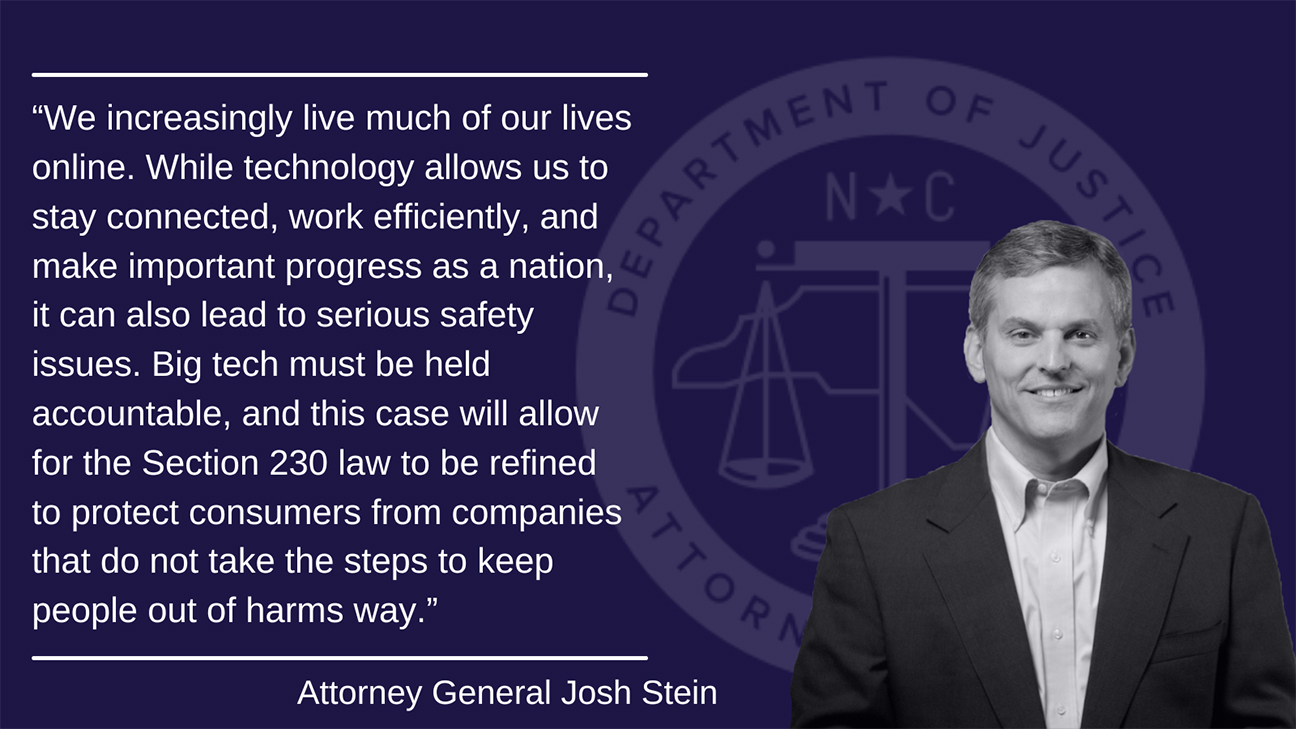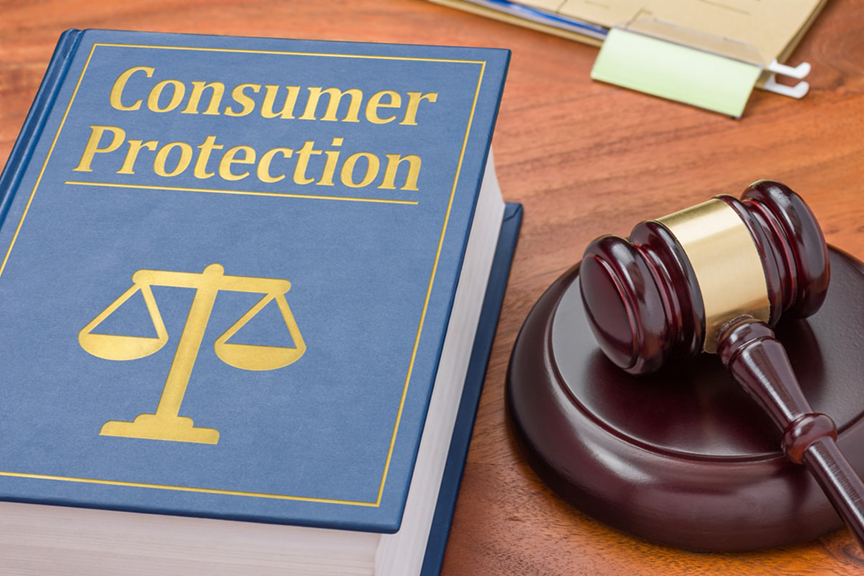E-commerce platforms like Amazon, eBay, while proving convenience in shopping online are under scrutiny from the protection of accountability from Section 230 of the Communications Decency Act. Do you know how Section 230 hurts consumers? As we continue our series of articles to inform consumers of what Section 230 is and how it affects their online shopping experience, we look at the issues that intertwine with the online shopping experience.
In review, Section 230 was enacted in 1996 under the Communication Decency Act, a time when the internet was still in its infancy. The primary purpose of this legislation was to promote free speech and protect online platforms from legal liability for content posted by their users. Today, these platforms have leveraged Section 230 to claim immunity from legal action related to the content posted by these third-party sellers.
Unintended Consequences for Consumers have come to include:
- False Advertising and Misleading Claims: E-commerce platforms, under the protection of Section 230, have allowed sellers to make false and misleading claims that deceive consumers into buying products that aren’t factually represented.
- Counterfeit and Unsafe Products: Third-party sellers on platforms like Amazon have brought an influx of counterfeit and often unsafe products. These products pose significant risks to consumers, ranging from health hazards to financial losses and reduce the sales potential of Original Brand Products.
- Limited Accountability: Section 230 protects e-commerce platforms from liability for the products sold on their platforms. This lack of accountability leaves consumers with little recourse when they encounter problems with a purchase, especially if the product is from a third-party seller who resides overseas.
- Consumer Confusion: Knock-off products are flooding the market, often indistinguishable from genuine items. Consumers unknowingly purchase these products, believing they are getting a reputable brand, with negative consequences and no recourse.
- Legal Challenges: When consumers seek legal remedies for harm caused by products purchased on e-commerce platforms, they often face hurdles due to Section 230 protections. The burden of responsibility is shifted away from the platform and onto the individual seller, who is often located overseas and simply do not respond to legal requests.

This situation becomes particularly problematic when sellers operate from overseas, as they do not adhere to or respond to United States court of law. This is one big was Section 230 hurts consumers. As a result, consumers not only fall victim to fraudulent and misleading claims but endure harm from defective products. Additionally, businesses that have developed innovative products and built goodwill in the market and see their customer base and sales rapidly decline due to the proliferation of “knock-off” products. E-commerce platforms, including Amazon, have more incentive to accommodate a higher number of sellers for profit rather than taking effective action to prevent the issues.
It is crucial to recognize that Amazon profits from the advertising, sale, and fulfillment of products on its platform, irrespective of whether these products defraud consumers or not. When consumers and businesses seek Amazon’s intervention to find recourse, their efforts are often met with insufficient responses. Depending on the extent of harm caused, some individuals resort to legal action, and Amazon frequently seeks immunity under Section 230, which was never intended for such purposes.
As the e-commerce landscape continues to evolve, there is a growing consensus that Section 230 was not designed to shield these platforms from the responsibilities that come with facilitating giant online marketplaces. Reforming Section 230 in the context of e-commerce could hold platforms accountable for the accuracy of product listings, ensuring they implement strict measures to prevent the sale of counterfeit or unsafe products, and establishing clear guidelines for addressing consumer complaints and disputes.
While Section 230 played a crucial role in the early growth of the internet, it is clear that its application to e-commerce has unintended consequences that that makes Section 230 hurt consumers. As consumerism evolves with online shopping, it is imperative to reevaluate and reform this legislation to create a more transparent digital marketplace that protects consumer interests.
In the next article, we’ll explore the ongoing debate over Section 230 and its potential reforms.






